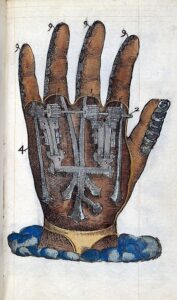 Of the many cross-disciplinary and topical strands that have emerged from nearly forty years of Representations in print, one stands out: a kind of research that perhaps originated in the journal’s pages and remains difficult to find elsewhere–what might fondly be called “weird scholarship.” We invite you to dip into a virtual issue featuring some of the most representative examples in this vein, available free of charge for a limited time.
Of the many cross-disciplinary and topical strands that have emerged from nearly forty years of Representations in print, one stands out: a kind of research that perhaps originated in the journal’s pages and remains difficult to find elsewhere–what might fondly be called “weird scholarship.” We invite you to dip into a virtual issue featuring some of the most representative examples in this vein, available free of charge for a limited time.
The essays selected for this virtual issue highlight examples from the early years of Representations, by which the contours of New Historicism became known, and many examples from more recent issues, which show how the conversation among disparate discourses has born strange and wonderful fruit.
Table of Contents
Introduction
Terry Castle. The Female Thermometer, no. 17, 1987
István Rév. In Mendacio Veritas (In Lies There Lies the Truth), no. 35, 1991
Nathaniel Mackey. Other: From Noun to Verb, no. 39, 1992
Elaine Scarry. On Vivacity: The Difference Between Daydreaming and Imagining Under-Authorial-Instruction, no. 52, 1995
Michel Zink. Nerval in the Library, or The Archives of the Soul, no. 56, 1996
Jessica Riskin. Eighteenth-Century Wetware, no. 83, 2003
Sue Waterman. Collecting the Nineteenth Century, no. 90, 2005
Phil Ford. Taboo: Time and Belief in Exotica, no. 103, 2008
Darcy Grimaldo Grigsby. Negative-Positive Truths, no. 113, 2011
Carolyn Steedman. Cries Unheard, Sights Unseen: Writing the Eighteenth-Century Metropolis, no. 118, 2012
D. Vance Smith. Fallacy: Close Reading and the Beginning of Philosophy, no. 140, 2017
 Representations board member Ian Duncan will give the 2021 Wolfgang Iser lecture on June 30, 2021 (9:00am PDT). The talk, entitled “The Fiction-Making Animal: Revisiting Literary Anthropology,” will be streamed over Zoom here.
Representations board member Ian Duncan will give the 2021 Wolfgang Iser lecture on June 30, 2021 (9:00am PDT). The talk, entitled “The Fiction-Making Animal: Revisiting Literary Anthropology,” will be streamed over Zoom here.
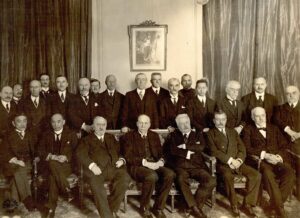
 Literally. We just found out that Phil Ford, one of the authors in our just-released
Literally. We just found out that Phil Ford, one of the authors in our just-released  Of the many cross-disciplinary and topical strands that have emerged from nearly forty years of
Of the many cross-disciplinary and topical strands that have emerged from nearly forty years of 
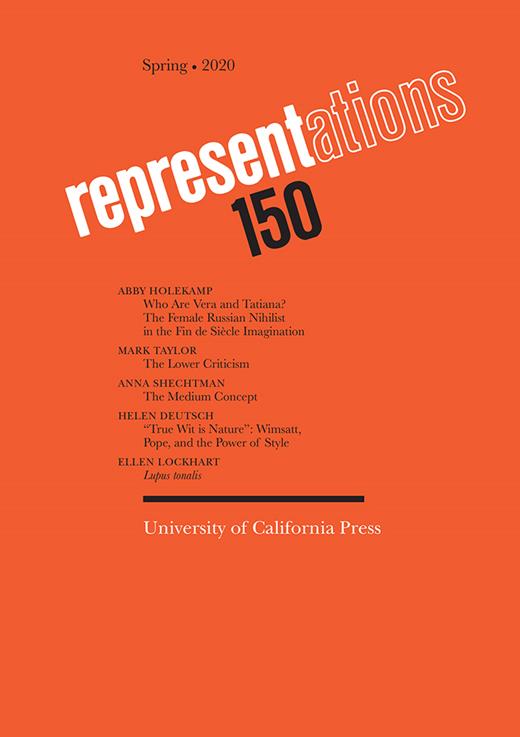
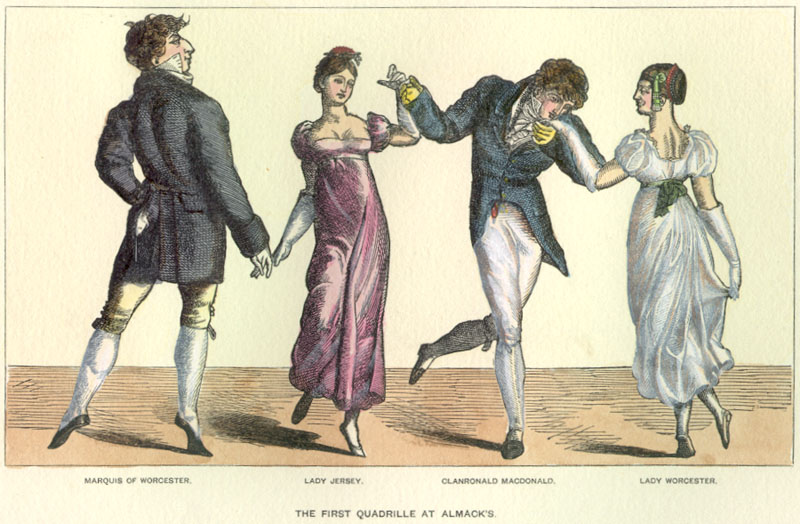 Of the essay, Banerjee herself writes: “By proposing a quantitative game-theory model of the marriage plot in Jane Austen’s Emma, the essay demonstrates that free-market moral philosophy underwrites Austen’s representation of matrimony and key formal elements of her writing—particularly, matters of verbal profusion. Her famed stylistic ‘economy’ is revealed to be structured by the emerging capitalist economy that Adam Smith theorized in The Wealth of Nations. Establishing the correspondences among several kinds of economy, the essay unites economic and formal approaches to Austen’s work.”
Of the essay, Banerjee herself writes: “By proposing a quantitative game-theory model of the marriage plot in Jane Austen’s Emma, the essay demonstrates that free-market moral philosophy underwrites Austen’s representation of matrimony and key formal elements of her writing—particularly, matters of verbal profusion. Her famed stylistic ‘economy’ is revealed to be structured by the emerging capitalist economy that Adam Smith theorized in The Wealth of Nations. Establishing the correspondences among several kinds of economy, the essay unites economic and formal approaches to Austen’s work.”
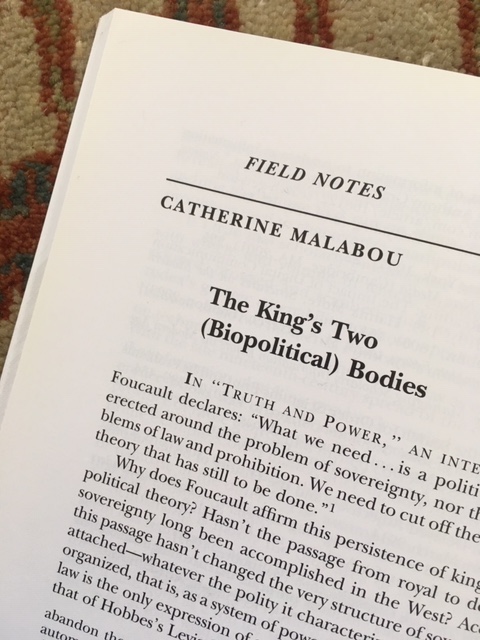 Field Notes, brief commentaries on the state of the disciplines, have been appearing in the journal periodically over the last decade. These short essays typically arise in response to specific current issues in the intellectual arena. Recent Field Notes include Bernard Stiegler’s essay “
Field Notes, brief commentaries on the state of the disciplines, have been appearing in the journal periodically over the last decade. These short essays typically arise in response to specific current issues in the intellectual arena. Recent Field Notes include Bernard Stiegler’s essay “